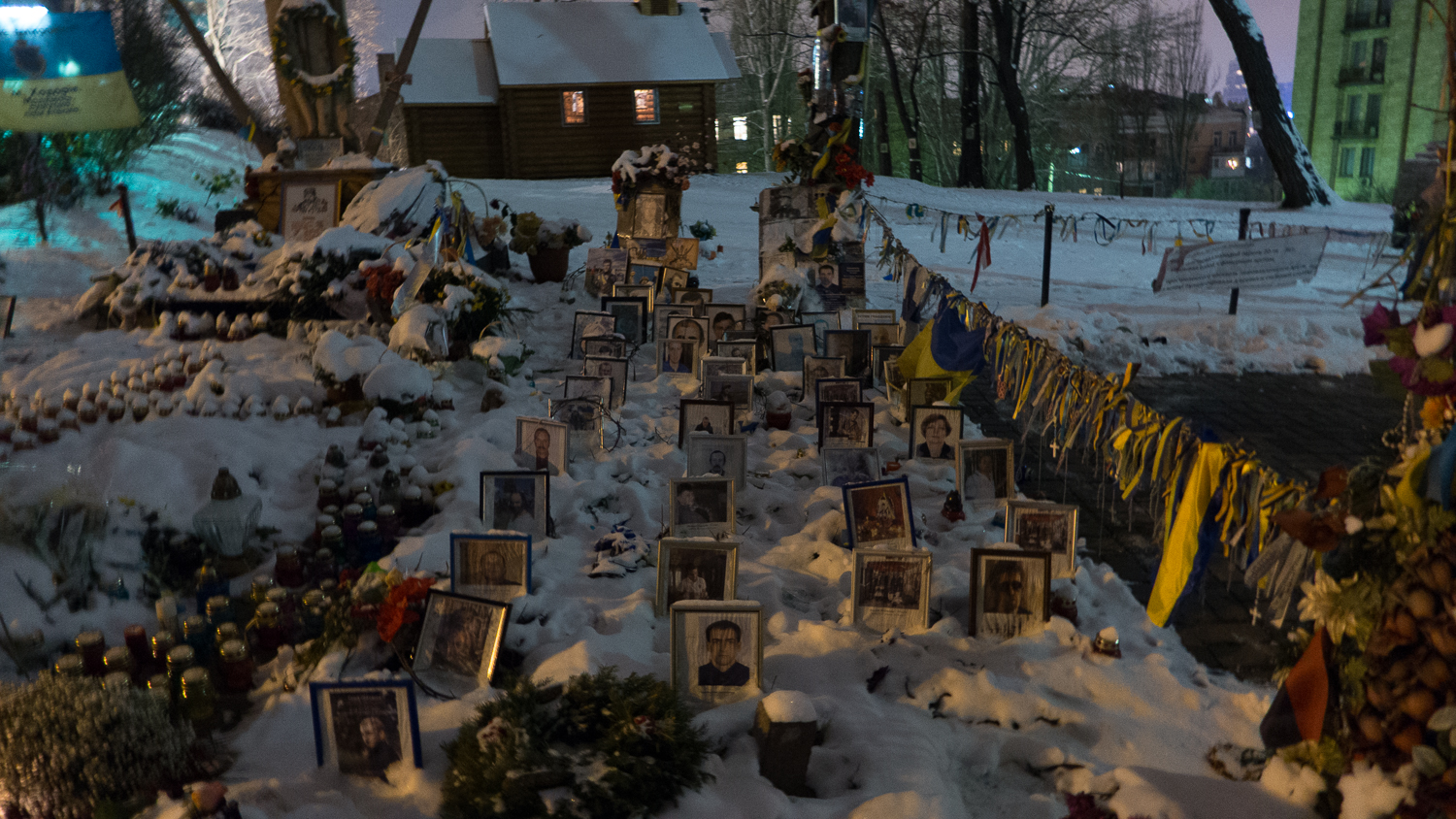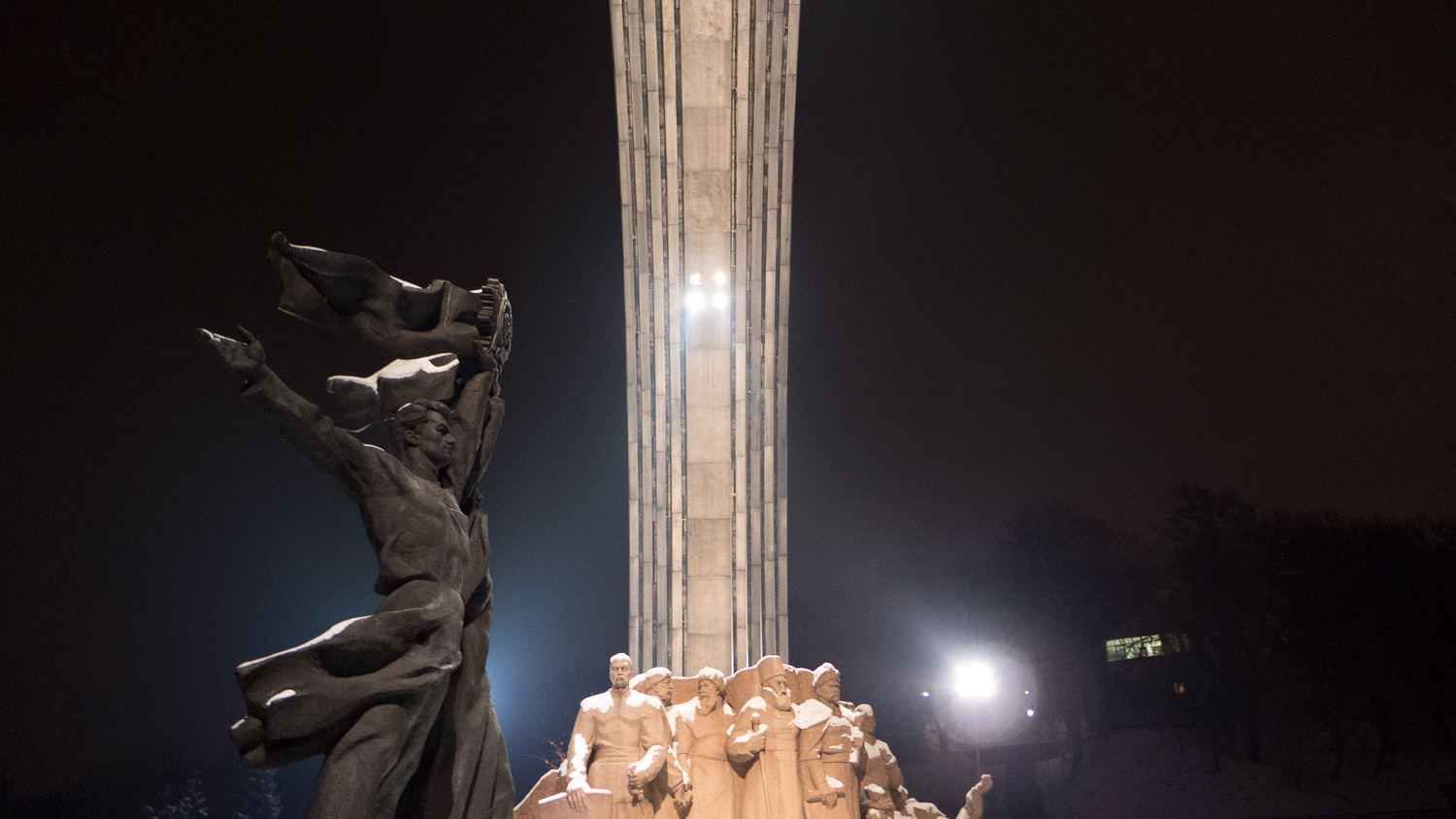‘People are scared to come, but we want writers, journalists and artists to visit’
Sofia Chelyiak spoke to Index after a long day of work. As curator of the Lviv BookForum, which runs from 5-8 October, the last few weeks of preparation are a very busy time. The final touches to festival logistics and programming would alone occupy the thoughts of anybody, but Chelyiak lives in Lviv, the largest city in Western Ukraine. The war with Russia presents challenges for her own personal safety and are a constant consideration.
“In general it’s fine, but we’re a few kilometres from the battlefields, and Russian missiles can reach most places in Ukraine,” she told Index.
“A few months ago, some missiles fell close to the city centre. Some days it can be more dangerous, others are fine.”
First held in 1994, the Lviv BookForum was originally a way to promote Ukrainian literature three years after the country gained independence following the collapse of the Soviet Union. Now it is the biggest literature event in Ukraine, with a mix of speakers including acclaimed Ukrainian writers and world-renowned literary figures. Since last year it has been in collaboration with Hay Festival. International Booker prize nominee Andrey Kurkov (who has written for Index since the early 90s) and US bestselling writer Jonathan Franzen will both speak this year.
Apart from a handful of online speakers, the event will be in-person (though can be live-streamed) after being fully online in 2022. With the conflict ever-present in the background, how does Chelyiak deal with the challenges?
“We must think of things like “do we have enough generators if we lose electricity,” or “if we’re being shelled, will we have internet access?” We’ll actually hand out maps of bomb shelters if people need a safe place,” she said.
“People are scared to come, but we want writers, journalists and artists to visit. Life here is interesting to say the least. We want people to see what we’re going through, it’s a miracle country.”
As per its origins as a way to promote Ukraine culture and literature, Chelyiak says this year there will be “a fascinating event entitled Freedom of Thoughts Vs Indoctrination, where the discussion will focus on Russia’s attempt to destroy our identity and voice en-masse, and how they will try and do that.”
Other events will also focus on the role Ukraine can have in helping people re-read Russian literature through a lens that takes the current conflict into account, and Ukraine’s role as a post-colonial ruled country at war.
One difference to the festival this year will be the absence of Victoria Amelina, about whom John Sweeney, a speaker at this year’s forum, wrote here for Index. A long-time supporter and attendee of the Forum, Amelina was a writer and poet who became a war crimes researcher during the conflict. She was wounded in a Russian missile attack in Kramatorsk in eastern Ukraine on 27 June and died of her injuries four days later, aged 37. She was working with Truth Hounds, an organisation that documents violations of international humanitarian law, when she died.
“We aim to commemorate her throughout the event as she was known for fighting for justice for Ukrainian women,” Chelyiak said.
“We won’t read her poems, but we decided to spotlight women Victoria was close to, to highlight her work. She will be missed.”
Information and links to the events at the 2023 Lviv BookForum can be found here.


